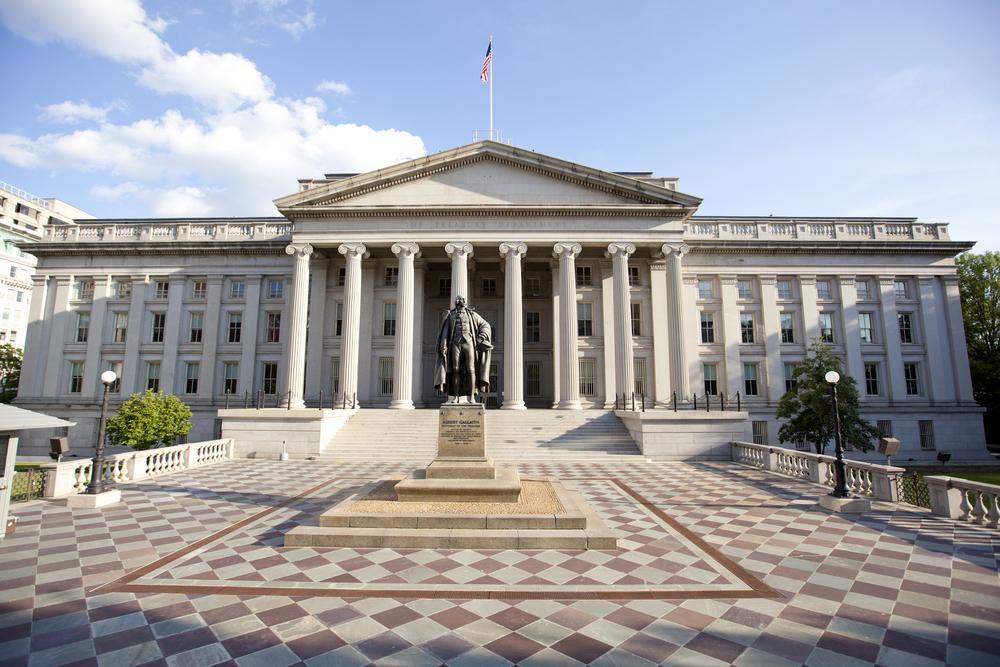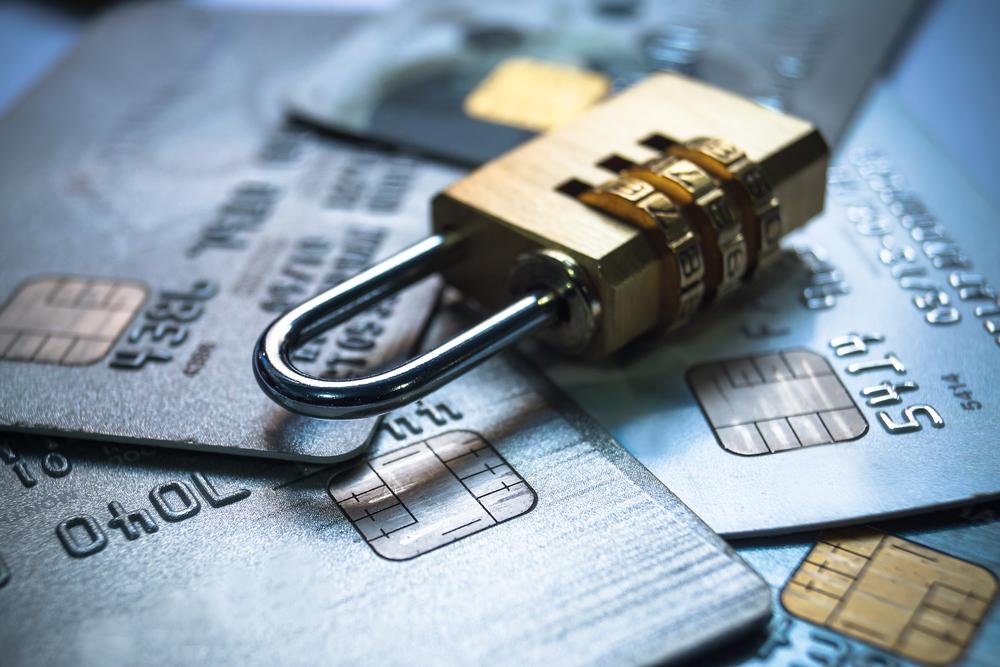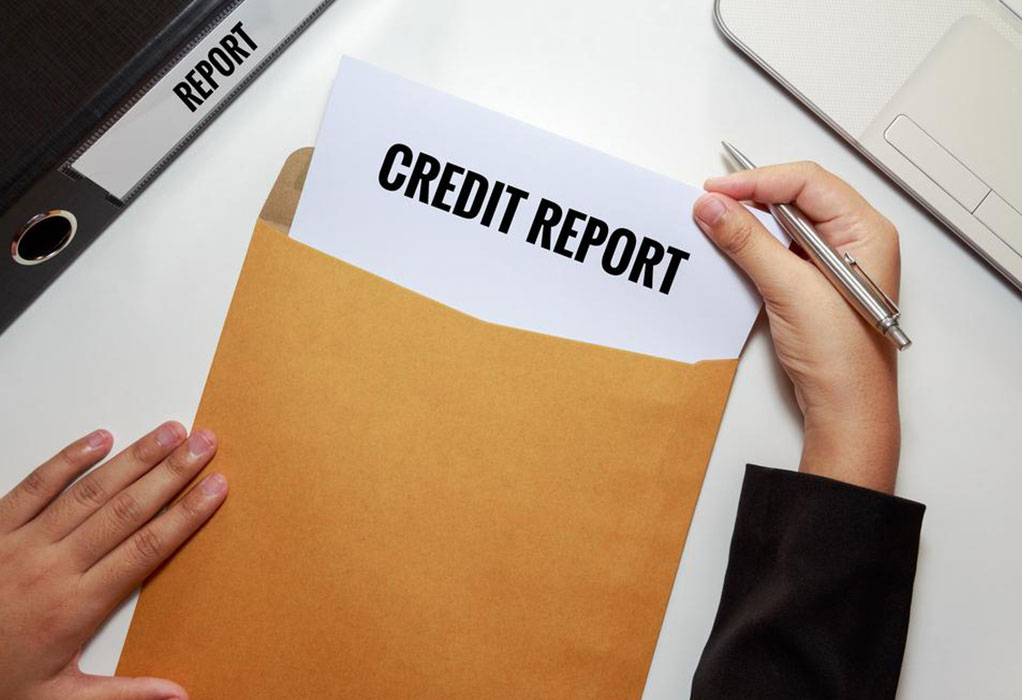A Guide to Resolving Credit Card Disputes via the Fair Credit Billing Act
Learn the essential steps for resolving credit card disputes using the Fair Credit Billing Act. This comprehensive guide explains how consumers can file complaints, the investigation process, and protections against unauthorized charges. Stay informed on credit card rights and ensure fair treatment with these key procedures.
Sponsored

Established in 1974, the Fair Credit Billing Act (FCBA) was created to safeguard consumers from unfair credit card practices. Since its inception, it has helped resolve numerous billing disputes, ensuring consumers can recover their funds fairly. This guide outlines the steps involved in disputing charges under the FCBA.
Dispute Time Limit: Consumers have approximately 60 days from receiving their bill to contest a charge. The dispute applies to charges over $50 made to the credit card.
The 60-day window begins from the day you receive your credit statement. To qualify for a dispute under the FCBA, the charge must be over $50.
Dispute Eligibility: Valid reasons include unauthorized transactions, incorrect amounts, wrong dates, calculation errors, or poor customer service experiences.
Additional Resources: Everything You Should Know About Credit Card Security
Submitting a Complaint:
Complaints must be submitted in writing or by mail. The Federal Trade Commission's website offers a sample letter format for assistance.
Investigation Process: Once a complaint is received, the issuer has 30 days to acknowledge it. They have two billing cycles to complete the investigation, during which they cannot collect payment or accrue interest related to the disputed charge. However, they may report late payments to credit bureaus. These restrictions apply only to the specific transaction under dispute, not other charges.
After the Investigation: If the investigation finds the charge invalid, the issuer must correct the error and refund any interest charged. If no error is found, they must explain their conclusion and provide supporting documents upon request.
Reinvestigation Rights: Consumers unsatisfied with the initial outcome can request a reinvestigation within ten days of receiving the results. During this process, the issuer may still attempt to collect the disputed amount and must note the challenge in their records.
Additional Protections: If your card is lost or stolen, you can request cancellation or blocking via telephone. Under the law, the issuer is liable up to $50 for unauthorized purchases made with a stolen card. However, unauthorized transactions made by someone authorized do not fall under this law.
Stay informed about credit card regulations: Follow us on Facebook and Twitter for updates on credit card protections and financial tips.





